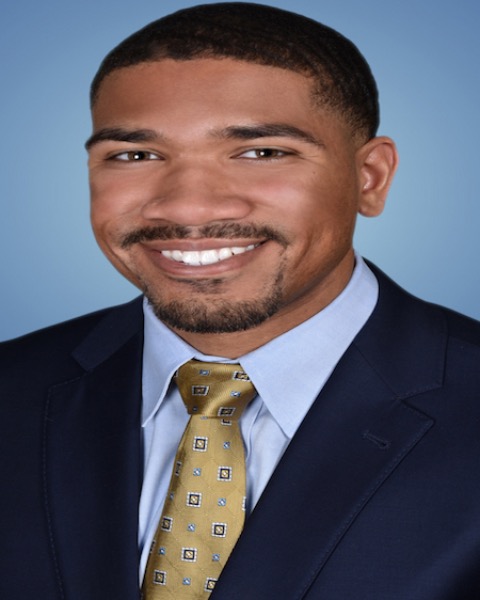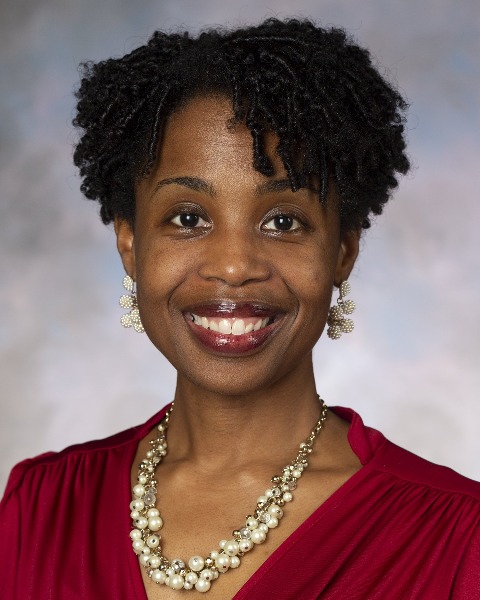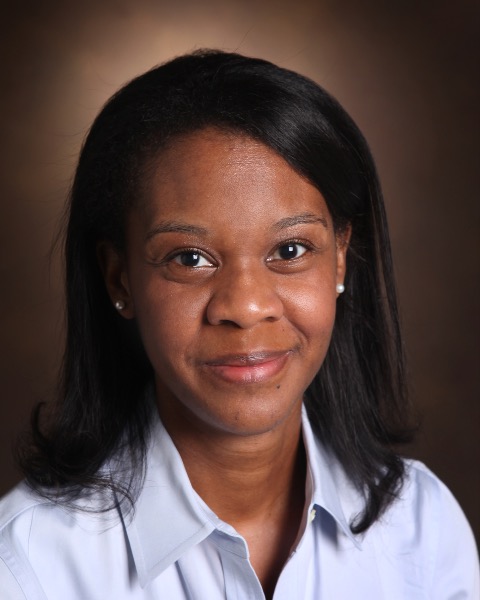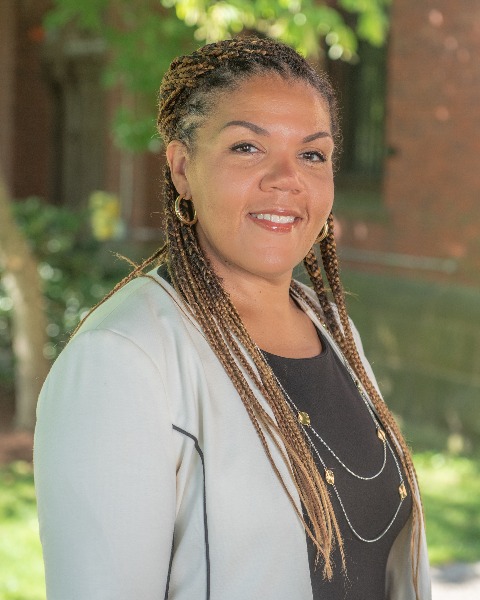Diversity, Equity and Inclusion
Education Pathway
Medical Education
Trainee Pathway
2075 - Demystifying DEI in Recruitment: Strategies for Creating a Diverse and Inclusive Residency and Fellow Training Environment
-

Christian Lawrence, MD
Assistant Professor
Pediatrics
UNC-Chapel Hill
Durham, North Carolina, United States -
.jpg)
Kenya McNeal-Trice, MD (she/her/hers)
Professor of Pediatrics, Vice Chair of Education
University of North Carolina at Chapel Hill
Chapel Hill, North Carolina, United States -
MM
Mia Mallory, M.D., MEd
Pediatric Residency Program Director
Duke University Health System, United States -
.jpg)
Aisha Barber, MD MEd (she/her/hers)
Director, Pediatric Residency Program
Graduate Medical Education
Children's National Hospital
Washington DC, District of Columbia, United States -

Valencia Walker, MD, MPH (she/her/hers)
Vice Dean for Health Equity and Inclusion
Geisinger Commonwealth School of Medicine
Scranton, Pennsylvania, United States -

Kimberly Vinson, MD
Associate Dean for Diversity Affairs, Associate Professor of Otolaryngology
Vanderbilt University School of Medicine, United States -

Nicole Washington, MD
Attending Physician
Children's Hospital of Philadelphia
Philadelphia, Pennsylvania, United States -

Patricia Poitevien, MD, MSc (she/her/hers)
Senior Associate Dean, DEI
Pediatrics
The Warren Alpert Medical School of Brown University
Providence, Rhode Island, United States -
JJ
Joseph Jackson, Jr., MD (he/him/his)
Associate Dean for Student Affairs
Duke University School of Medicine
Durham, North Carolina, United States -
MG
Marquita Genies, MD, MPH
Assistant Professor of Pediatrics
Johns Hopkins University School of Medicine
Baltimore, Maryland, United States
Leader(s)
Co-Leader(s)
Recruiting diverse residency and fellowship candidates is fundamental to establishing an equitable and inclusive training environment, recognizing we each possess unique characteristics and qualities. Recognition of these differences is not the true embodiment of diversity, but rather the respect, validation, and celebration of these differences. Medical educators should seek to recognize and respect differences while also acknowledging how their own biases inform interactions and influence decisions regarding selection, promotion, and resources. When these biases are identified, we begin to understand how institutions fail to accomplish diversity goals or achieve the innovative outcomes that inevitably arise when individuals of different identities, backgrounds, beliefs, and abilities come together to work in an inclusive environment steeped in equity. Pediatric resident trainees who are underrepresented in medicine make up only 16.5% of trainees. This representation has remained unchanged from 2007 to 2019 and is considerably lower compared to the U.S. population. Workshop attendees will participate in interactive reflective exercises to identify specific aims and integrate these into programming applicable in their settings. Facilitators will utilize small group breakouts to incorporate development training for faculty, staff, and trainees who participate in the recruitment and selection process. Workshop attendees will be introduced to best practices designed to sustainably promote an inclusive environment and identify outcome metrics for assessing the effectiveness of policies designed to achieve equity . It is not enough to simply recruit diverse trainees, but we must also dedicate our efforts to ensuring all trainees are in an environment that allows them to thrive.
